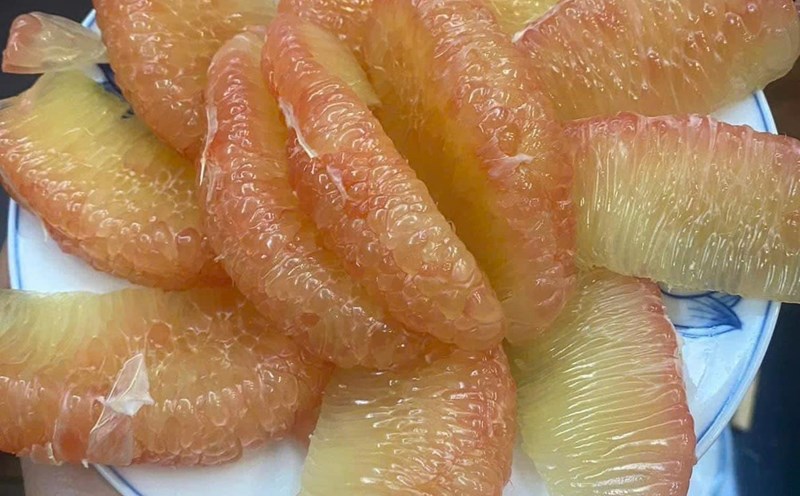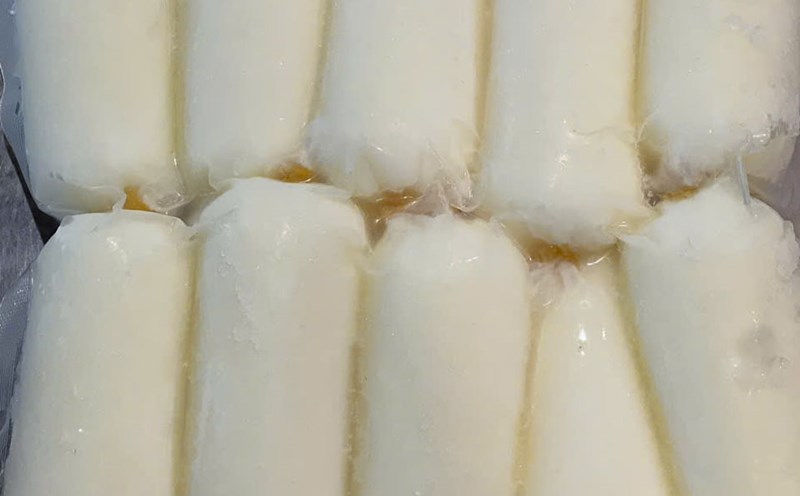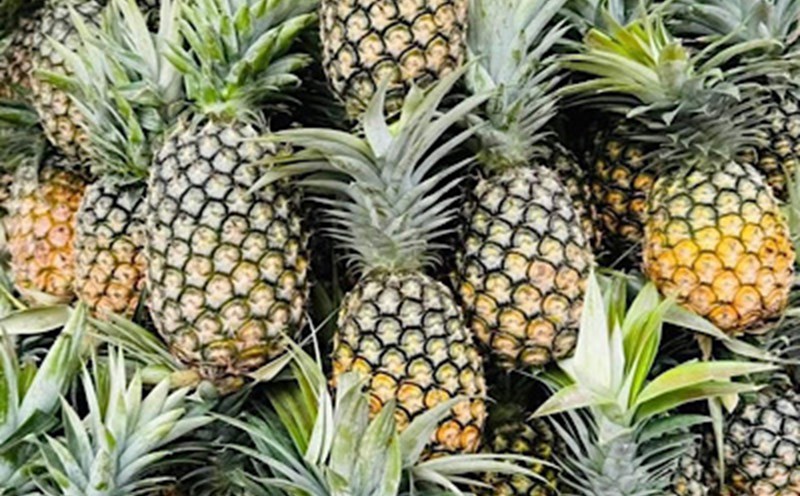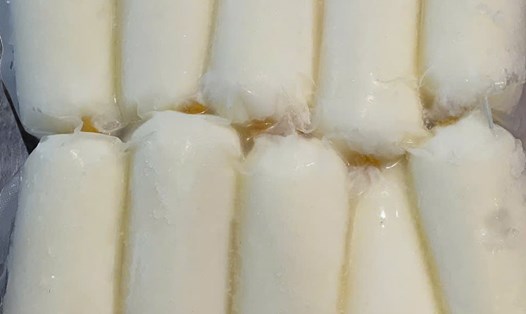According to the United States Department of Agriculture, 30g of pumpkin seeds provide about 150 kcal, rich in protein (7g), magnesium (37% of the recommended daily requirement), zinc and healthy fats.
These minerals all play an essential role in supporting kidney function:
Magnesium helps balance blood pressure, preventing the formation of calcium oxalate kidney stones.
Zinc participates in the immune process, protecting the kidneys from oxidative damage.
unsaturated fats help reduce inflammation and maintain heart health, a factor closely related to chronic kidney disease.
An experiment published in the Journal of Medicinal Food (2022) showed that adding pumpkin seeds to your daily diet helps reduce inflammation and improve renal plaque filtration in people at risk of kidney failure.
A report from the World Health Organization (WHO, 2024) also shows that supplementing foods rich in zinc and antioxidants such as pumpkin seeds can slow down the progress of kidney damage in diabetic patients, the group at highest risk of kidney failure.
Although it is an easy-to-use snack, eating pumpkin seeds requires reasonable adjustment to achieve optimal results.
Eat in moderation, recommend 30-50 g/day (equivalent to a small handful) to supplement nutrients without causing excess energy.
Choose unsalted: Salted pumpkin seeds can cause kidney patients to absorb too much sodium, increasing blood pressure and burdening the kidneys. It is best to choose dried or roasted wood.
Incorporate into your diet: Pumpkin seeds can be added to salads, yogurt, oatmeal porridge or pureed to make a sauce.
Drink enough water: This helps the kidneys excrete oxalate and excess minerals, reducing the risk of stone formation.










